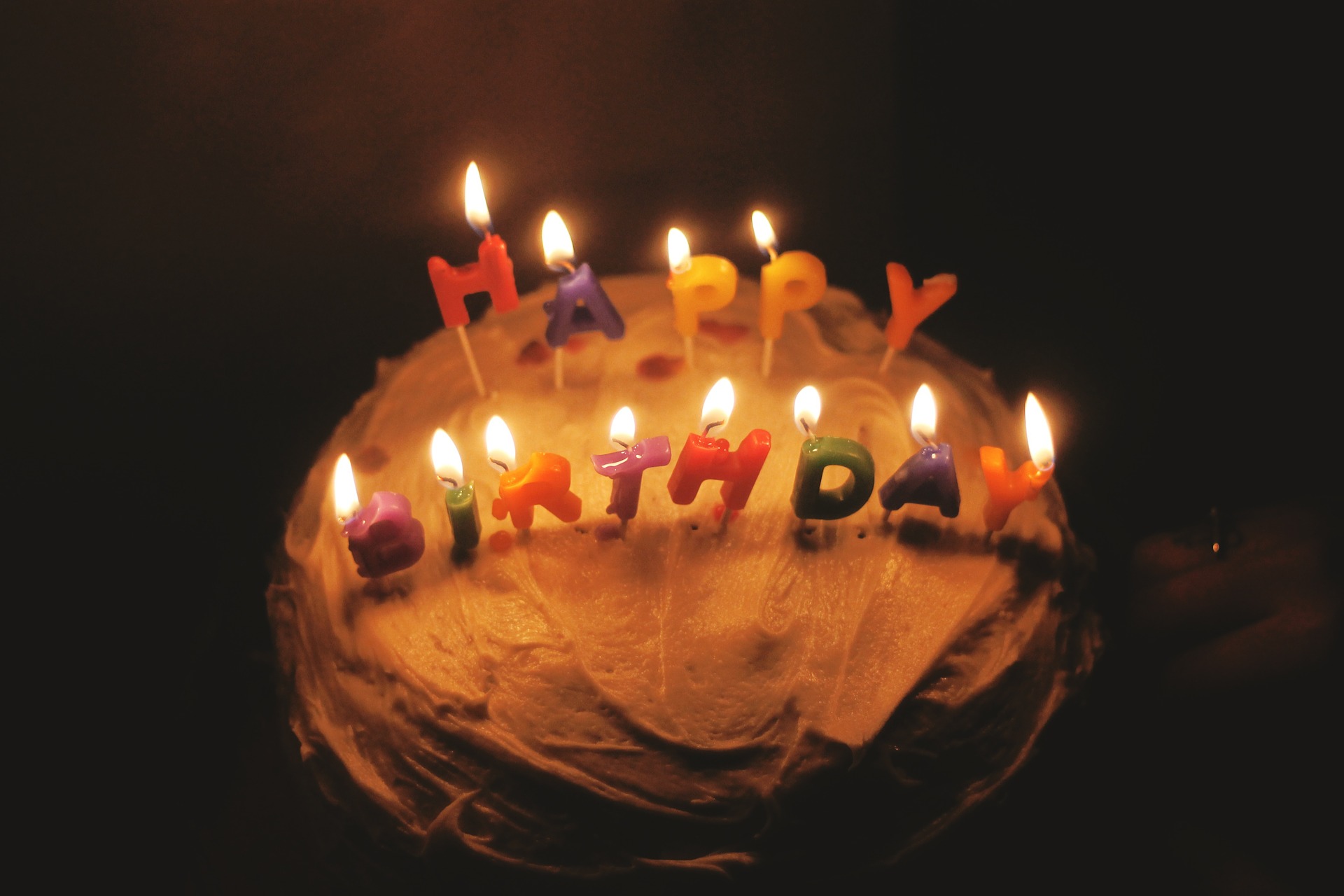The poem Ah, Are You Digging on My Grave is completely and solely concerned with the notions of death and a subtle possibility of after-life. The poem dissects the romantic notion associated with death and remembrance. It is presupposed that death causes a permanence of memories of the one who has demised. But Hardy deconstructs such illusions to show that death has always been a futile end and memories not leave a trail of dust but perishes with the individual concerned. Thus the concept of remembrance is very much delusional.
The poem strikes its cord with the first introductory line with the grim irony of excavating the dead. Is death an end of all consciousness? Or do we retain the consciousness that we have died? If death fails to evade consciousness of the futility that we are, life in death becomes pathetic and never tragic. This is the worst case scenario which the narrator encounters. She is in apparent disregard of her death and continuously seeks hope in a possible but fat-fetched ideal of rejuvenation.
She desperately inquires whether somebody is actually digging her grave. She has retained the consciousness of the notion called love. She ponders upon the possibility that her beloved is the one who is digging to revive her, or is digging to plant seeds of regret. However, selfless love is a distant possibility in our living world and when the living has left, the possibility becomes a flickering shadow. Her enquires are blatantly rejected for her beloved has ventured out to make love with a different woman. Death has evaded love and life is in shambles. Thomas Hardy elaborates on the notion of infidelity and the different masks we keep on wearing. However, the woman seems to have accepted the reality of the situation for her reactions to observations is never mentioned.
The Oxford Reader’s Companion to Hardy deems the poem as a, “a satire of circumstance”. The negation of the first thought leads that lady to the second where she demands to know if it is her kin who is concerned of her death. However, the kin is not so kind. The omniscient voice reappears to reassert the futility of the self and the consequent annihilation of the memories. Planting flowers to show gratitude is a futile effort and nothing can destabilize death. The woman concerned cannot be brought back to life.
Death is a breakdown of all inter-personal and intra-personal relationships- relations that are based on love and hate. Our identities are loosely based on judgments that we receive or our identities are constructed through the relationship that we secure. Even the stated enemy is in disregard of the woman concerned. The notion of flesh and blood has been marred by death and all her body has been turned to dust. The woman sees now that not only has she been forgotten by her most beloved, but also by her worst enemy. She is told that her enemy “cares not where you lie”. As with her loved ones, her enemy too considers her to be as insignificant as a shadow.
The mistress turns despondent in her death. What she is seeking is not, in turn, seeking her. She and her notion of the self further degenerate in her death-like-life. Her queries are finally satiated by replies from her “little dog” and hope of rejuvenation instantly becomes a foul deceitful thing. Hope has managed to penetrate into the gloom which hangs like a pall over her grave. It seems she has been able to find sustenance at last. However, grim irony pervades the atmosphere of the poem.
The dog’s fidelity to human heart has managed to levitate the woman’s emotions. She finds hope in a hopeless condition and ponders upon a probable release from her death like existence. She seems to be delusional about her death and tries to negate the ultimate super-structure of her grave. The dog seems to be apologetic for he thinks that he has disrupted the solitude of the lady’s eternal sleep.
The lady is euphoric for she has ultimately found support in whatever manner it might be. She seeks sustenance from the fidelity of the dog as opposed to the infidel humans. But relationships are but flickering shadows destined to rot. The tale takes a necessary twist in the last stanza. The dog has not remembered her either and has, in fact, mistakenly trodden upon her grave. The dog is with the belief that her grave is a place to bury bones, not affections. Death is the ultimate predicament that we have to endure and secure. Dignity is nothing but an ephemeral idea. And the notion of the self is nothing but a receding horizon. Hope you enjoyed going through the themes Ah are you digging on my grave. Do keep visiting Beamingnotes for more poem summaries.
Some online learning platforms provide certifications, while others are designed to simply grow your skills in your personal and professional life. Including Masterclass and Coursera, here are our recommendations for the best online learning platforms you can sign up for today.
The 7 Best Online Learning Platforms of 2022
- Best Overall: Coursera
- Best for Niche Topics: Udemy
- Best for Creative Fields: Skillshare
- Best for Celebrity Lessons: MasterClass
- Best for STEM: EdX
- Best for Career Building: Udacity
- Best for Data Learning: Pluralsight














